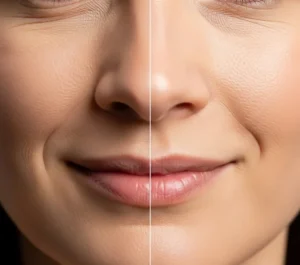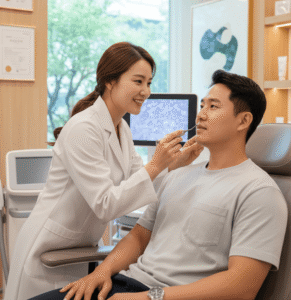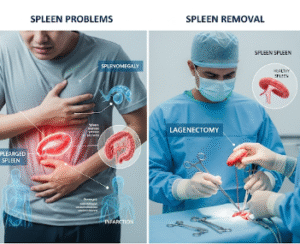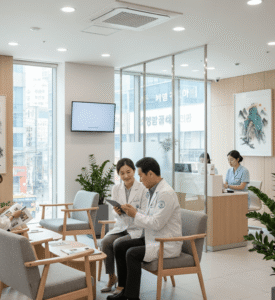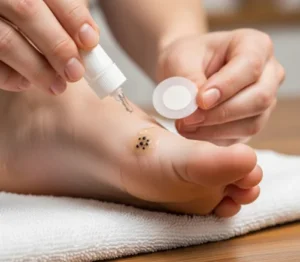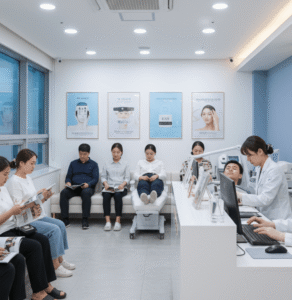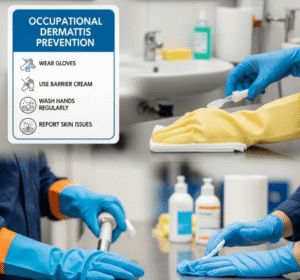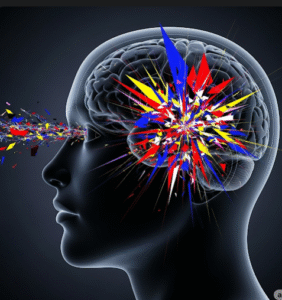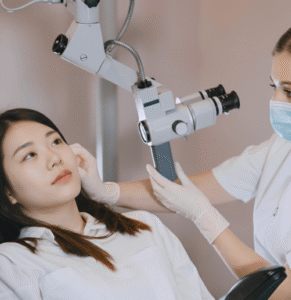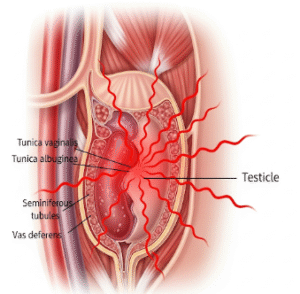What It Is
A brow lift, also known as a forehead lift, is a cosmetic surgical procedure that raises the eyebrows to a more youthful position. It smooths forehead wrinkles, reduces frown lines, and opens up the eye area by lifting drooping brows. This procedure can be performed in different techniques, including traditional, endoscopic, and temporal lifts, depending on the patient’s needs.
Why It’s Done
Patients choose a brow lift to:
- Correct sagging or heavy brows that cause a tired or angry appearance
- Smooth horizontal forehead lines and vertical frown lines
- Improve symmetry in cases of uneven brows
- Enhance the results of eyelid surgery by opening up the upper eye area
It is commonly performed in middle-aged or older patients, though younger individuals with genetically low brows also seek the procedure.
Alternatives
- Non-surgical options: Botox injections, dermal fillers, and skin-tightening treatments (Ultherapy, HIFU, laser) can provide temporary lifting.
- Other surgical options: Blepharoplasty (eyelid surgery) can be combined with or performed instead of a brow lift, depending on the patient’s concerns.
Preparation
- Consultation with a Korean plastic surgeon to evaluate brow position, forehead muscles, and skin elasticity
- Preoperative photographs and digital simulations for outcome planning
- Avoidance of smoking, alcohol, and blood-thinning medications before surgery
- Fasting if general anesthesia is required
How It’s Done
- Performed under local anesthesia with sedation or general anesthesia
- Small incisions are made behind the hairline (traditional or endoscopic) or at the temples (temporal lift)
- The brow tissues are lifted, repositioned, and secured with sutures or fixation devices
- The procedure typically takes 1–2 hours and may be outpatient or require a short hospital stay
Recovery
- Swelling and bruising are common for 1–2 weeks
- Most patients return to normal activities within 10–14 days
- Numbness at the incision site may persist for several weeks but usually resolves
- Patients are advised to avoid heavy lifting, bending, and facial pressure during healing
Possible Complications
- Temporary swelling, bruising, or numbness
- Scarring (usually well-hidden in the hairline)
- Asymmetry or overcorrection in rare cases
- Hair thinning near incision sites in some patients
Treatment Options in Korea
Diagnosis
Korean surgeons use physical exams, facial photography, and digital imaging to assess brow position and muscle dynamics. This ensures precise treatment planning.
Medical Treatments
Non-surgical options available in Korea include Botox injections to relax forehead muscles and lifting lasers (Ultherapy, Thermage, HIFU) for mild sagging.
Surgical or Advanced Therapies
Korean plastic surgeons specialize in endoscopic brow lifts for minimal scarring and faster recovery, as well as temporal lifts for subtle enhancements. Advanced fixation methods are used to ensure long-lasting results.
Rehabilitation and Support
Recovery programs in Korea include detailed aftercare, swelling-reduction therapies, scar management, and regular follow-ups. International patients benefit from interpreter services, personalized care, and travel assistance.
Advantages of receiving treatment in Korea: Highly skilled surgeons, advanced endoscopic techniques, natural and long-lasting results, cost-effectiveness compared to Western countries, and comprehensive international patient care


